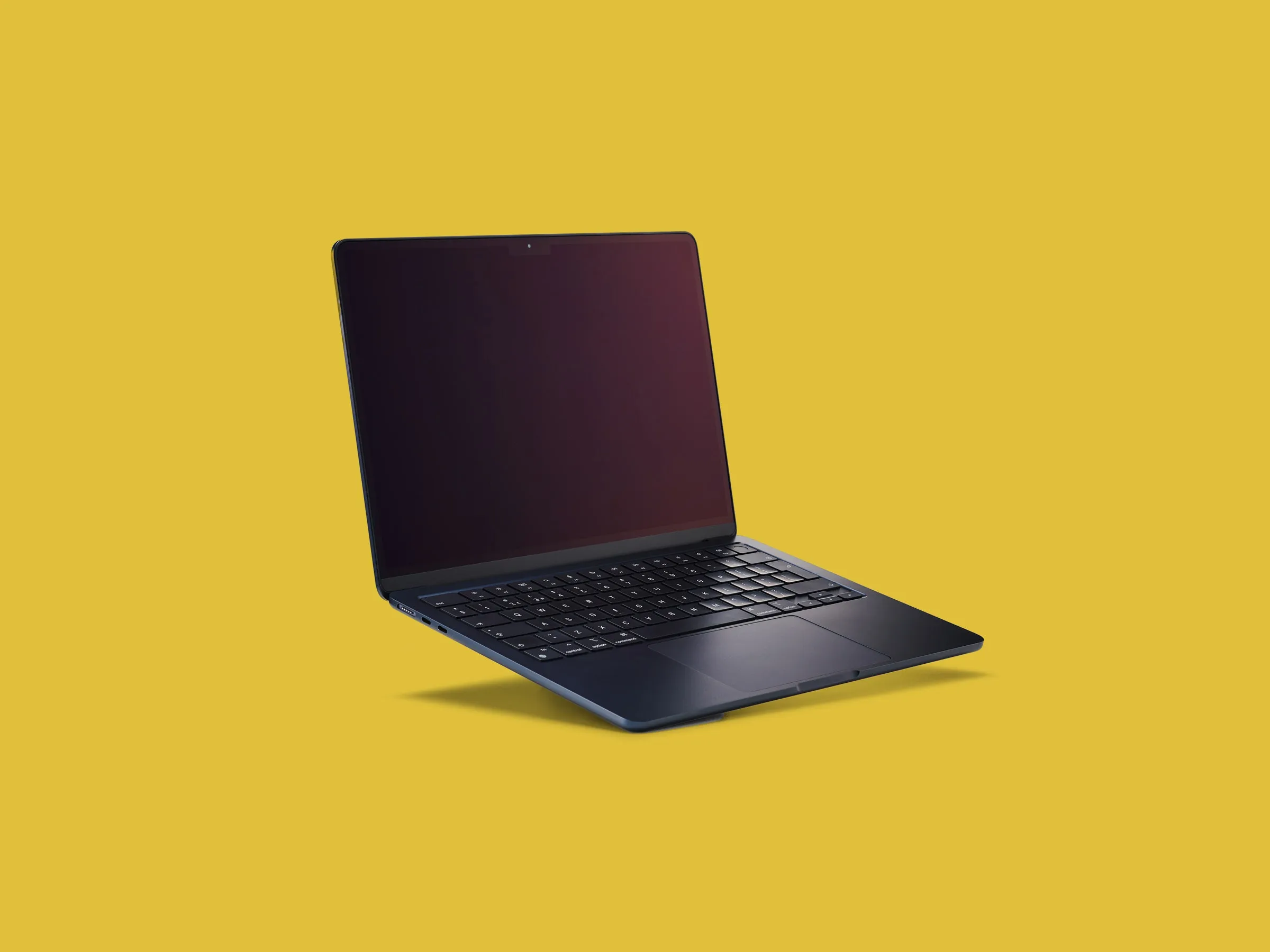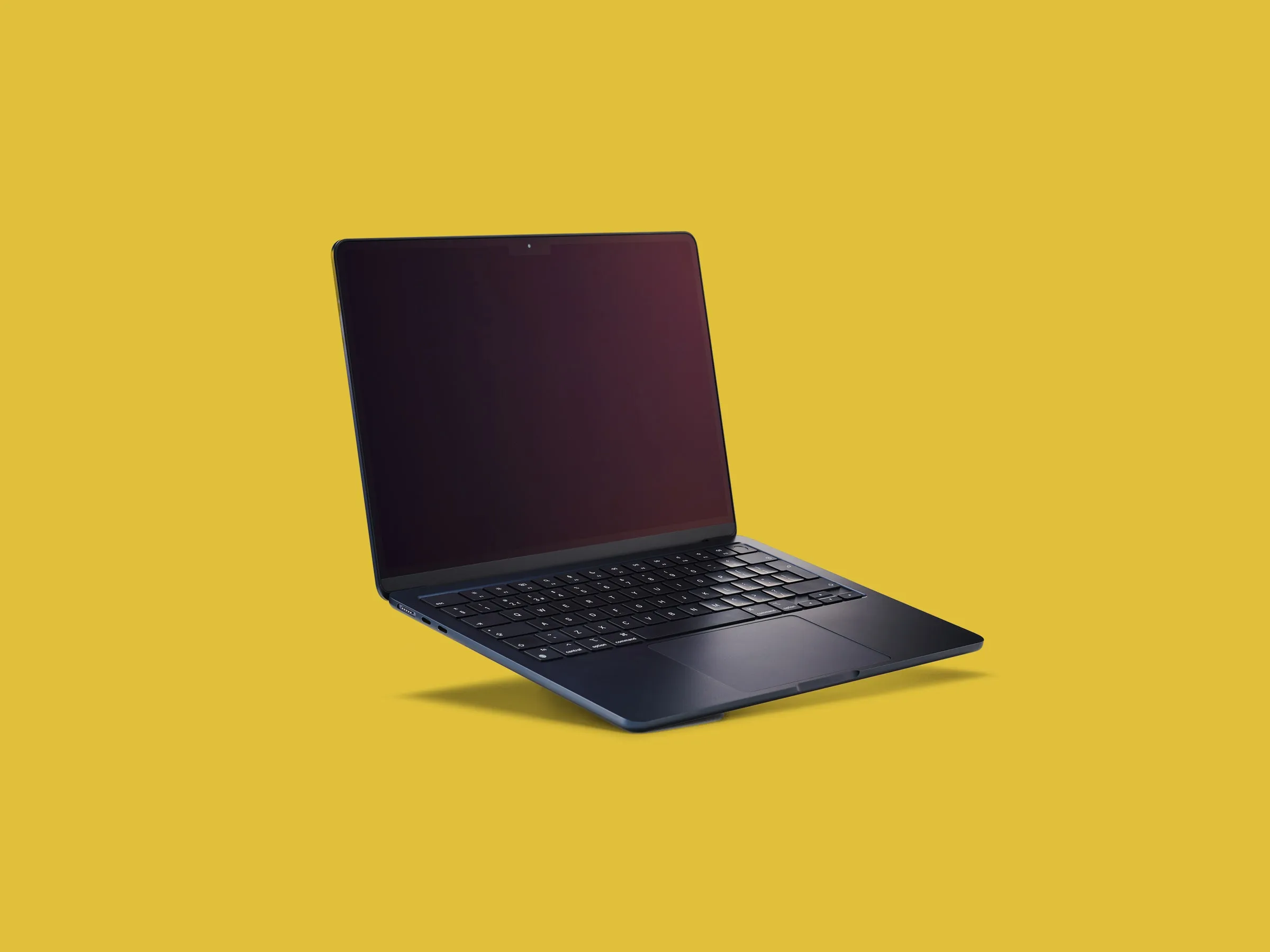
How to Pick the Right Laptop: A Comprehensive Guide for Every User
In today’s digital age, choosing the right laptop is akin to selecting a reliable companion for both work and leisure. With an array of options flooding the market, finding the perfect fit can be daunting. Whether you’re a student, a professional, or a casual user, this guide will navigate you through the intricate process of selecting the ideal laptop tailored to your needs.
Understanding Your Requirements
Before delving into the sea of laptops, it’s essential to outline your specific requirements and preferences. Consider the following factors:
Recommended: How To Take Screenshots On Acer Laptop
- Intended Use: Determine whether you need a laptop for casual browsing, professional tasks, gaming, content creation, or multimedia consumption.
- Portability: Assess whether you prioritize mobility or require a larger screen for enhanced productivity.
- Performance: Evaluate the processing power, RAM, and storage capacity required to seamlessly run your desired applications.
- Budget: Define a realistic budget range to narrow down your options without compromising on essential features.
Exploring Different Laptop Types
Laptops come in various shapes, sizes, and configurations, each catering to distinct user needs. Understanding the different types can simplify your decision-making process:
- Ultrabooks: Sleek and lightweight, ideal for professionals and students seeking portability without sacrificing performance.
- Gaming Laptops: Designed with powerful processors and dedicated graphics cards, perfect for gaming enthusiasts and multimedia professionals.
- 2-in-1 Convertibles: Versatile devices that can transform from a laptop to a tablet mode, offering flexibility for creative tasks and entertainment.
- Chromebooks: Cost-effective options primarily designed for web browsing and cloud-based applications, suitable for educational and casual use.
Key Technical Specifications to Consider
When evaluating laptops, pay close attention to the following technical specifications:
Further Reading: What Are The 10 Advantages Of Laptop
- Processor: Opt for the latest generation processors such as Intel Core i5 or i7 for optimal performance and efficiency.
- RAM: Ensure sufficient RAM (Random Access Memory) to multitask seamlessly and handle resource-intensive applications effectively.
- Storage: Choose between Solid State Drives (SSD) for faster boot times and data access or traditional Hard Disk Drives (HDD) for higher storage capacity at a lower cost.
- Graphics Card: For gaming and multimedia tasks, consider laptops equipped with dedicated graphics cards for enhanced visual performance.
Display and Battery Life Considerations
The display quality and battery life are crucial factors that contribute to the overall user experience:
- Display Resolution: Higher resolution displays offer sharper images and better clarity, especially for multimedia and content creation tasks.
- Screen Size: Balance between portability and screen real estate based on your preferences and usage patterns.
- Battery Life: Look for laptops with long-lasting batteries to ensure uninterrupted productivity or entertainment on the go.
Brand Reputation and Customer Support
Consider the reputation of the laptop manufacturer and the availability of reliable customer support services:
Also Read: How To Reformat Laptop Windows 10

- Research: Explore user reviews, expert opinions, and industry ratings to gauge the reliability and performance of different laptop brands.
- Warranty: Opt for laptops with comprehensive warranty coverage and responsive customer service to address any potential issues or concerns.
FAQ Section:
Q: What is the difference between SSD and HDD storage?
A: SSD (Solid State Drive) storage offers faster data access and boot times compared to HDD (Hard Disk Drive) storage, making it ideal for improved system performance and responsiveness.
Q: Can I upgrade the RAM and storage of my laptop?
A: It depends on the laptop model. Some laptops allow users to upgrade RAM and storage, while others have components soldered onto the motherboard, limiting upgradability. Check the specifications and user manual of your laptop for upgrade options.
Q: Are touchscreen laptops worth considering?
A: Touchscreen laptops offer added convenience for tasks like drawing, note-taking, and navigating touch-optimized interfaces. However, they may come at a premium price and may not be essential for all users.
Q: How important is it to consider the keyboard and touchpad quality?
A: The keyboard and touchpad are critical aspects of user experience. Look for laptops with comfortable keyboard layouts, responsive keys, and precise touchpads to enhance productivity and ease of use.
Q: What factors should I consider for port selection on a laptop?
A: Evaluate the port selection based on your connectivity needs. Look for laptops with a versatile array of ports, including USB Type-A, USB Type-C, HDMI, and SD card slots, to accommodate various peripherals and accessories.
In conclusion, selecting the right laptop involves a careful balance of technical specifications, user preferences, and budget constraints. By considering the factors outlined in this guide and conducting thorough research, you can make an informed decision that aligns with your unique requirements and enhances your computing experience.
Also Read: How To Take Screenshot On Laptop Windows
Check Out: How To Reformat Asus Laptop

